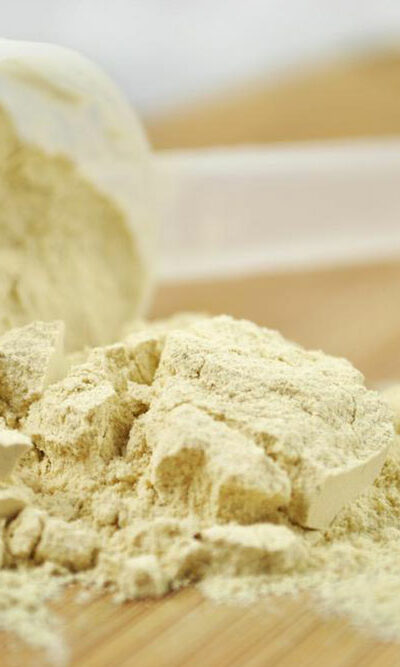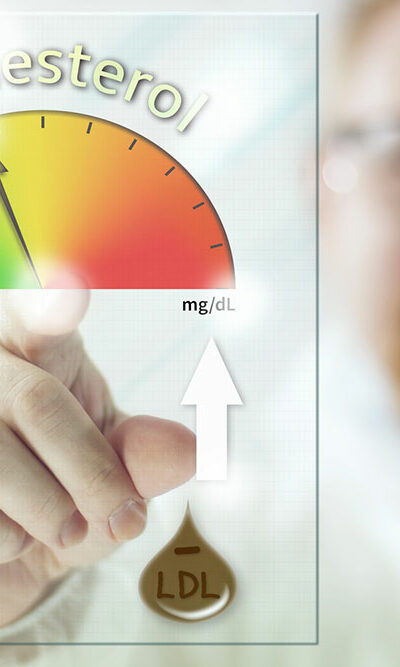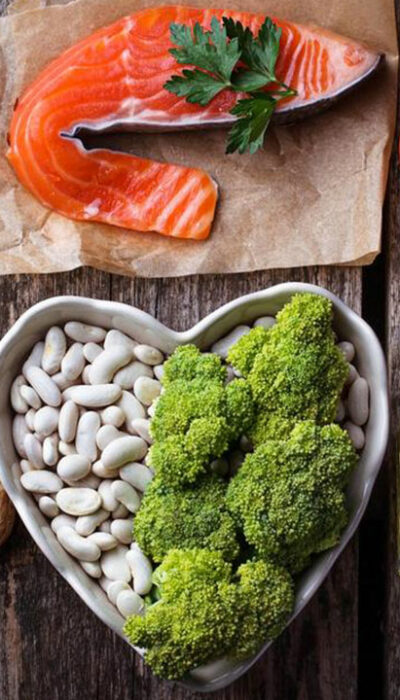
What You Need to Know about Protein Powders
Protein powders are gaining huge popularity—not just among weightlifters, six-packers and gym addicts. They’re a useful nutritional supplement for people who want to lose weight or gain muscle, convalescents, senior citizens, athletes, vegans, and vegetarians. Let’s find out what they’re all about. What are protein powders? These special nutritional supplements contain concentrated protein from animal or plant sources and can be consumed in the form of concentrates, isolates, and hydrolysates. They are often available with added vitamins and minerals, in various flavors. You can buy them at most pharmacies, health stores, supermarkets, and online in powder form or as pre-mixed drinks. Add them to your normal food, mix them into juices, or just make a simple shake out of them. The common forms of protein powder are soy protein, whey, and casein protein. Whey is the most popular form since it’s water-soluble and contains all the nine essential amino acids that are necessary for the complete human diet. Each protein source has its own characteristics and benefits. Benefits Since protein is essential for the health and growth of all parts of our bodies, we need to make it a part of our daily diet. Proteins give energy, help to repair and rejuvenate cells. They also contribute to bulking up muscle mass, reduce fat, and help to repair and maintain the muscles. They give you a feeling of fullness and prevent hunger pangs that send you hunting for food in your fridge. When to take them You should take them if you’re an athlete or a teenager, planning a drastic work-out program, preparing for an athletic event or competition, opting to become a vegan or vegetarian, recovering from an accident/injury/illness. How much do you need? According to the American College of Sports Medicine, the normal adult needs about 0.8 gm/kg body-weight every day.










